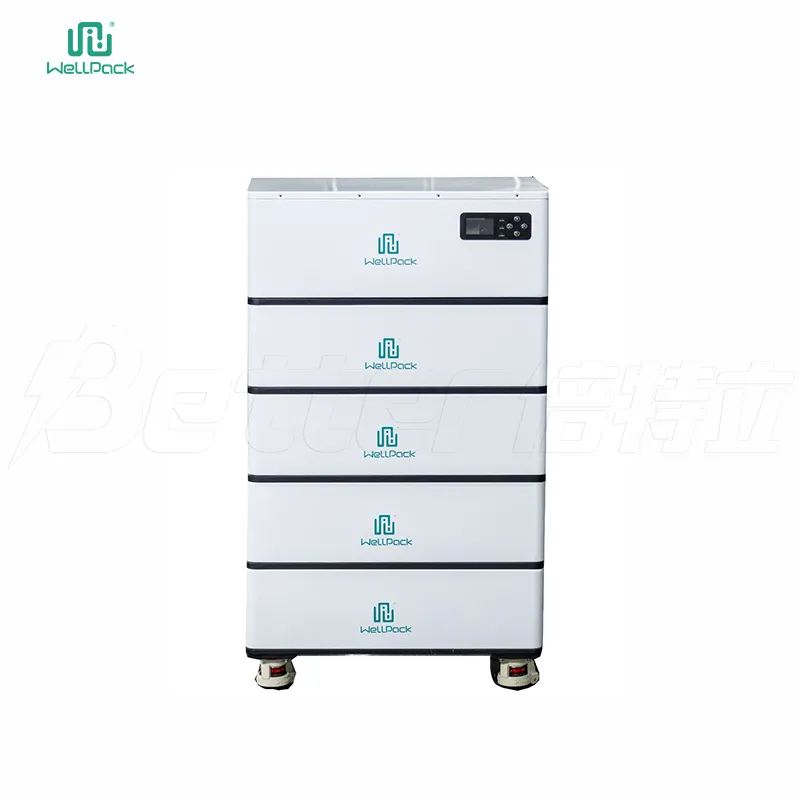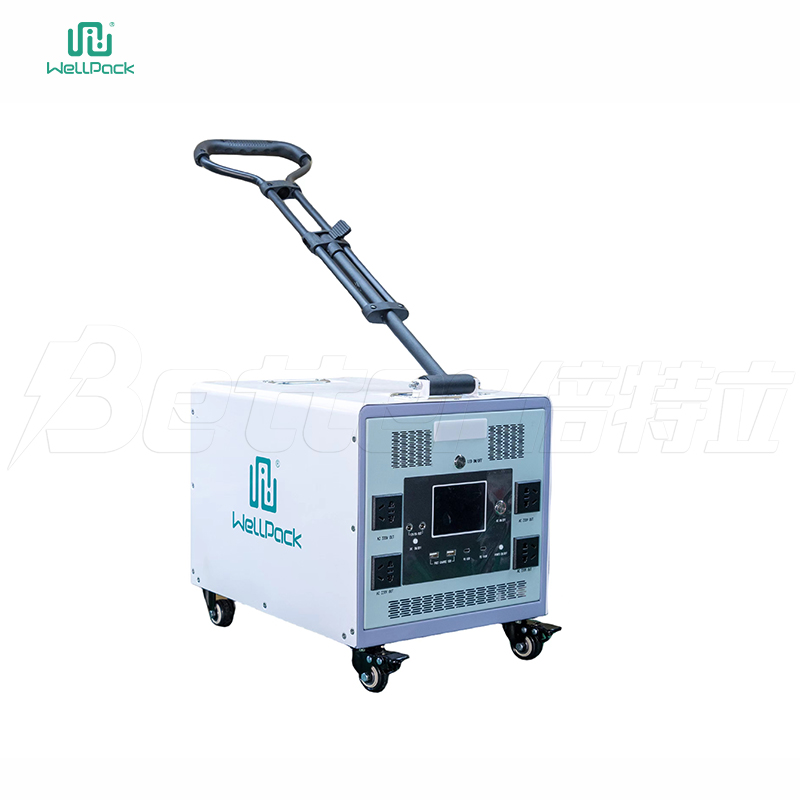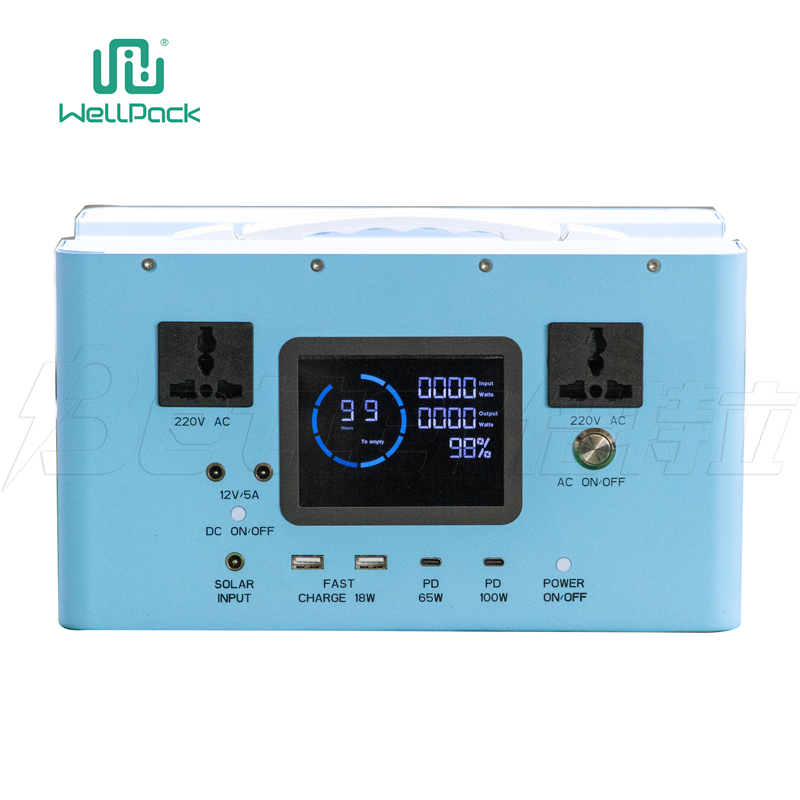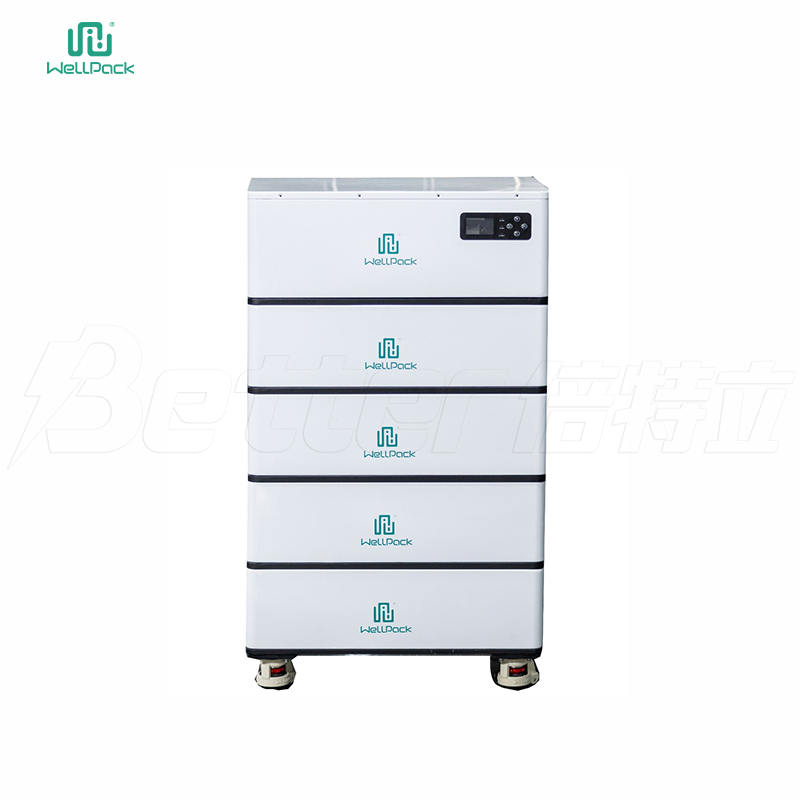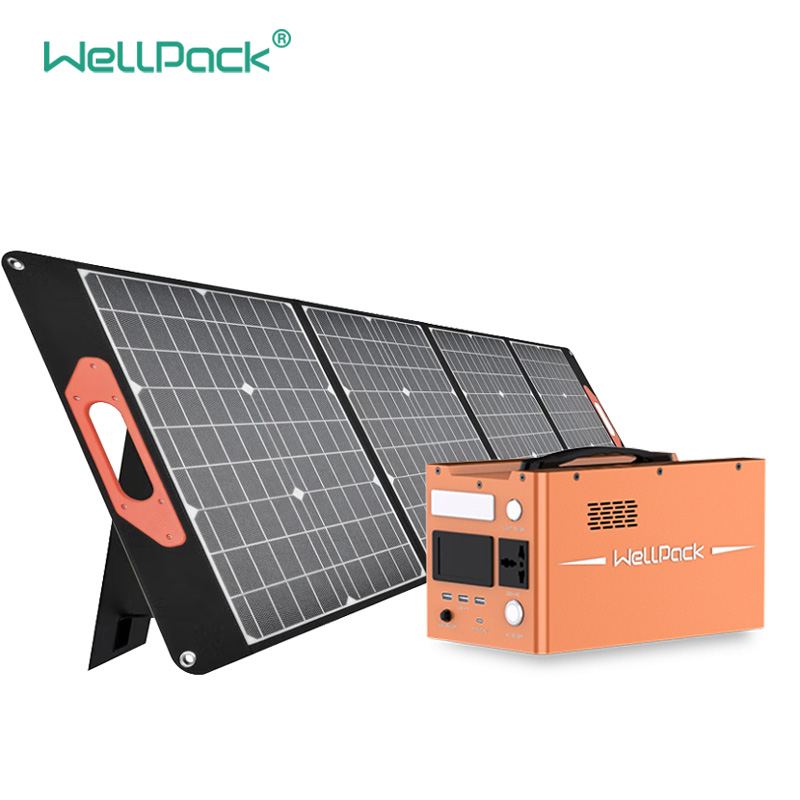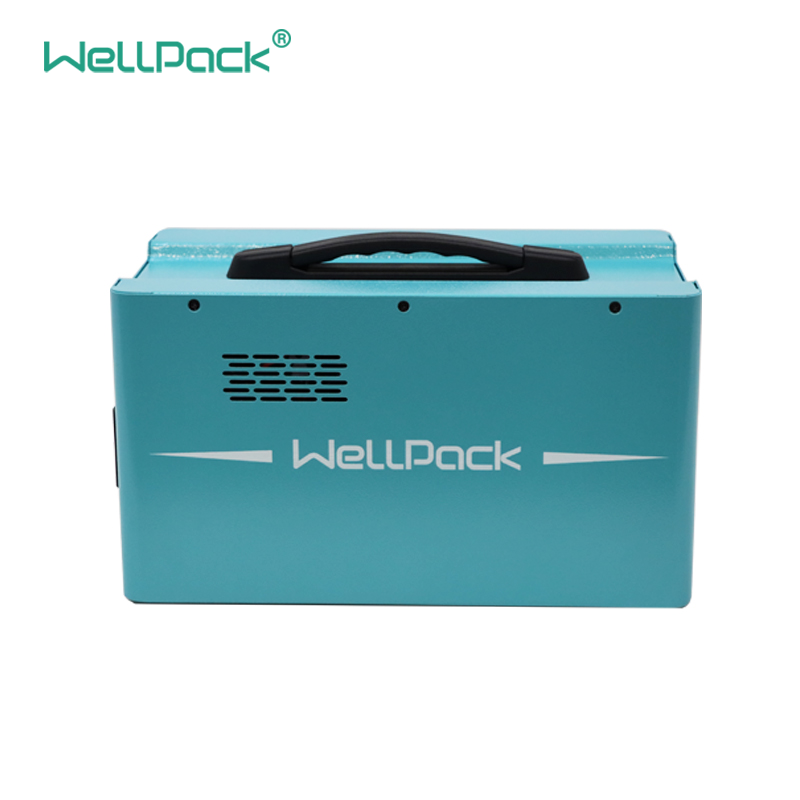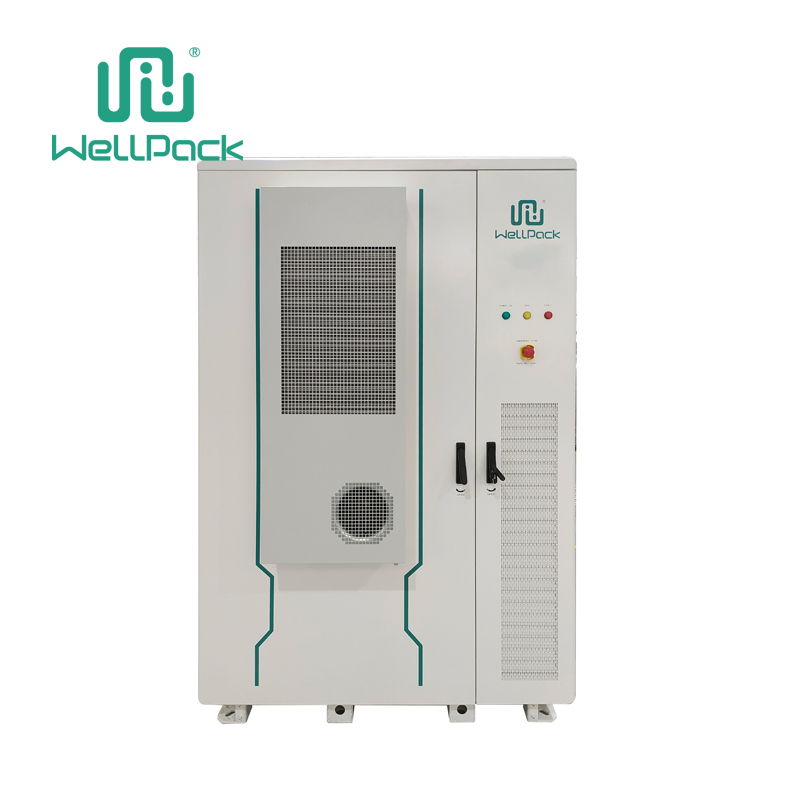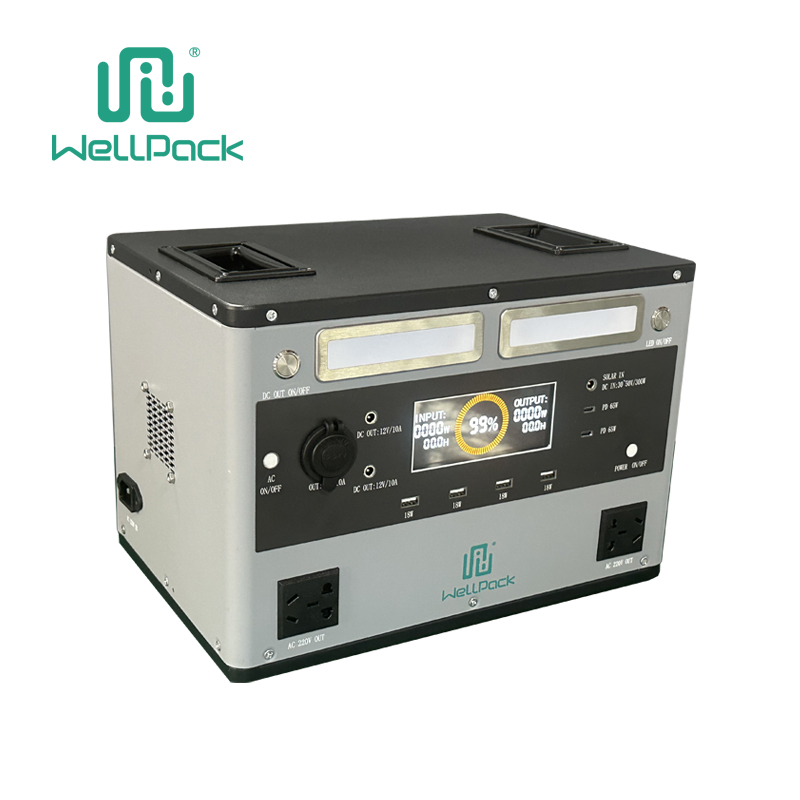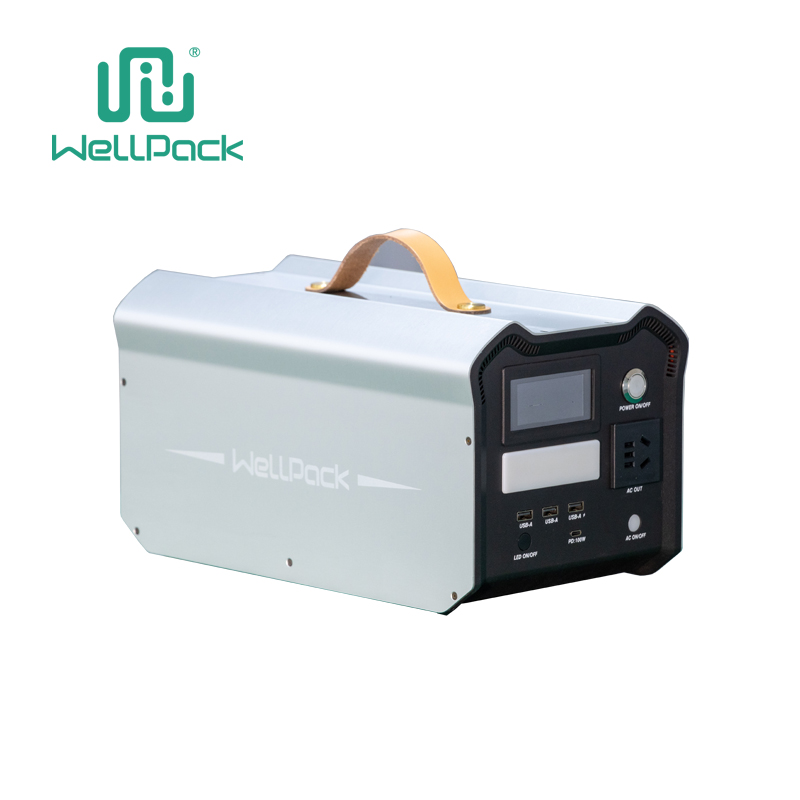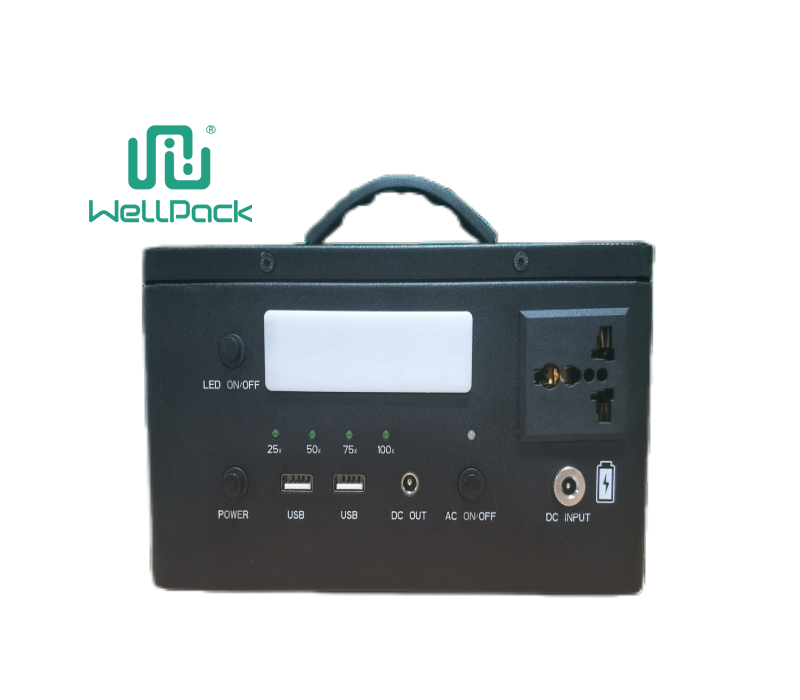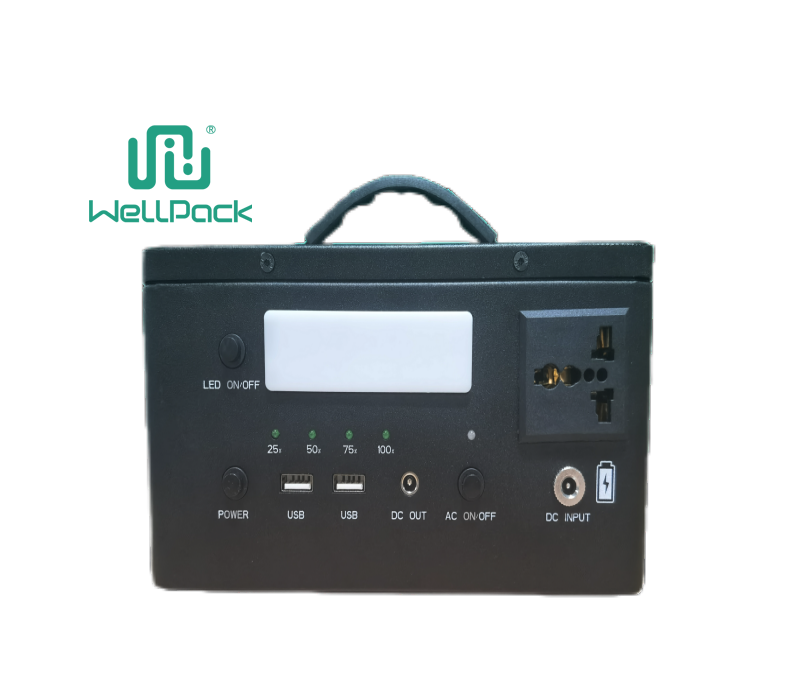Contents
Why You Might Need a Generator for Your Home
Power outages hit when you least expect them—maybe a storm rolls in during dinner prep, or a grid glitch leaves your fridge humming in silence. If you're tired of fumbling for flashlights or watching your food spoil, a generator can keep the lights on. But picking the right one isn't just about grabbing the biggest box at the store. It's about matching it to your home's needs without overspending on fuel or space.
In this guide, we'll break down how to size a generator for your house step by step. We'll cover everything from basic calculations to real-world tips, so you can make a choice that fits your budget and lifestyle. And while generators are reliable, we'll touch on modern alternatives like energy storage systems that might save you headaches down the line.
Figuring Out Your Home's Power Demands
Start with the basics: what do you actually need to power? Not every outage requires running your whole house. List out essentials like the fridge, lights, sump pump, or maybe your Wi-Fi router for work-from-home setups.
Each appliance has a wattage rating—check the labels or manuals. A typical fridge might pull 600-800 watts to start up but run at 100-200 watts ongoing. Lights are low, around 60 watts each for LEDs. For bigger items like an air conditioner, expect 3,000-5,000 watts. Add them up for your must-haves. If you're in a cold climate, factor in a furnace blower at 800 watts.
Don't forget surge power: motors in fridges or pumps need extra juice to kick on. Aim for a generator that handles 20-30% more than your running total to cover that spike. This way, your energy storage system alternative—if you go that route—can mimic the same seamless backup without the noise.
Common Types of Home Generators
Generators come in a few flavors, each suited to different scenarios. Portable ones are great for occasional use, like camping or short outages. They're affordable, starting around $300, but you'll need to haul them out and refuel manually.
Standby generators sit outside like a mini power plant, kicking in automatically when the grid fails. Priced from $2,000 to $10,000, they handle whole-house loads up to 20kW. Inverter models are quieter and produce cleaner power for sensitive electronics—no more fried laptops.
Whole-house vs. partial: If outages are rare, a portable 5-7kW unit covers basics. For frequent blackouts or larger homes, go standby. Keep in mind, as you size up, integration with an energy storage system becomes easier for hybrid setups that blend grid, solar, and backup.
How to Calculate the Perfect Generator Size
Grab a notepad or app—time to crunch numbers. Step one: tally running watts for essentials. Say, fridge (150W), lights (300W for 5 rooms), TV (200W), and microwave (1,000W). Total: 1,650W.
Step two: add starting watts for high-draw items. That microwave might need 1,500W to fire up—bump your total to 2,000W or so. Use online calculators from brands like Honda or Generac for precision; input your list, and they spit out a recommendation.
For a full house, aim for 10-15kW if you have HVAC. A 7kW generator runs a 2,000 sq ft home's basics, but undersizing leads to overload trips. Oversizing wastes money—fuel efficiency drops. Pro tip: Test during non-outage times to verify. This sizing logic applies to energy storage systems too, where capacity in kWh matches your daily draw.
Choosing Fuel Types and What They Mean for You
Fuel dictates runtime, cost, and hassle. Gasoline is everywhere but guzzles fast— a 5kW portable might last 8-10 hours on a tank. It's fine for short bursts, but storage can be a fire risk.
Propane or natural gas lines offer cleaner burns and longer life. Standby units on natural gas run indefinitely if the line's intact, though outages sometimes cut supply. Diesel's efficient for big setups but noisier and pricier upfront.
Solar-hybrid generators pair with panels for green fuel, bridging to energy storage systems that store daytime sun for night use. Weigh your access: rural spots favor propane tanks; urban homes lean natural gas. Always calculate fuel needs— a 10kW unit on propane might need 2-3 gallons per hour at full load.
Keeping Your Generator Running Smoothly
A neglected generator is a paperweight during storms. Monthly checks: oil levels, air filters, and battery (for electrics). Run it 15-30 minutes under load quarterly to circulate fluids and spot issues.
Store fuel properly—stabilized gasoline lasts 6-12 months. For standbys, professional servicing yearly catches corrosion or loose wires. Clean the exhaust to avoid carbon buildup, especially in humid areas.
Noise and emissions matter too—check local regs. Inverter types cut both. If maintenance feels daunting, that's where energy storage systems shine: no oil changes, just occasional firmware updates and dust wipes.
Energy Storage Systems: A Smarter Backup Option
Generators get the job done, but energy storage systems are flipping the script on home backup. These battery packs, often paired with solar panels, store excess power for when the grid dips. No fumes, no refueling—just silent, instant switchover.
Picture this: during a blackout, your lights flicker once then steady. A 10kWh energy storage system powers essentials for 24 hours, scaling to 20kWh for whole-home coverage. They're modular, so start small and expand. Integration with smart homes lets apps monitor usage, optimizing for peak savings.
Common questions: How long do they last? Top models cycle 5,000+ times over 10-15 years. Cost? $5,000-$15,000 installed, with rebates shrinking that. For off-grid living or EV charging, they're gold. Unlike generators, they reduce bills by storing cheap off-peak power.
Challenges? Upfront price, but incentives like tax credits help. Sizing mirrors generators—match kWh to your daily kWh use (average home: 30kWh). If outages frustrate you, an energy storage system turns vulnerability into independence.
Wrapping It Up: Power Peace of Mind
Choosing the right generator size boils down to honest assessment: essentials only, or full comfort? A 5-10kW unit suits most, but calculate yours to avoid regrets. Factor in fuel and upkeep for long-term wins.
That said, energy storage systems offer cleaner, quieter reliability. They're ideal for eco-conscious folks or those dodging fuel runs. For a plug-and-play home solution, check out our Residential Energy Storage System. It seamlessly integrates with solar setups, providing scalable power for daily needs and outages alike. Safe, efficient, and backed by years of battery expertise.
